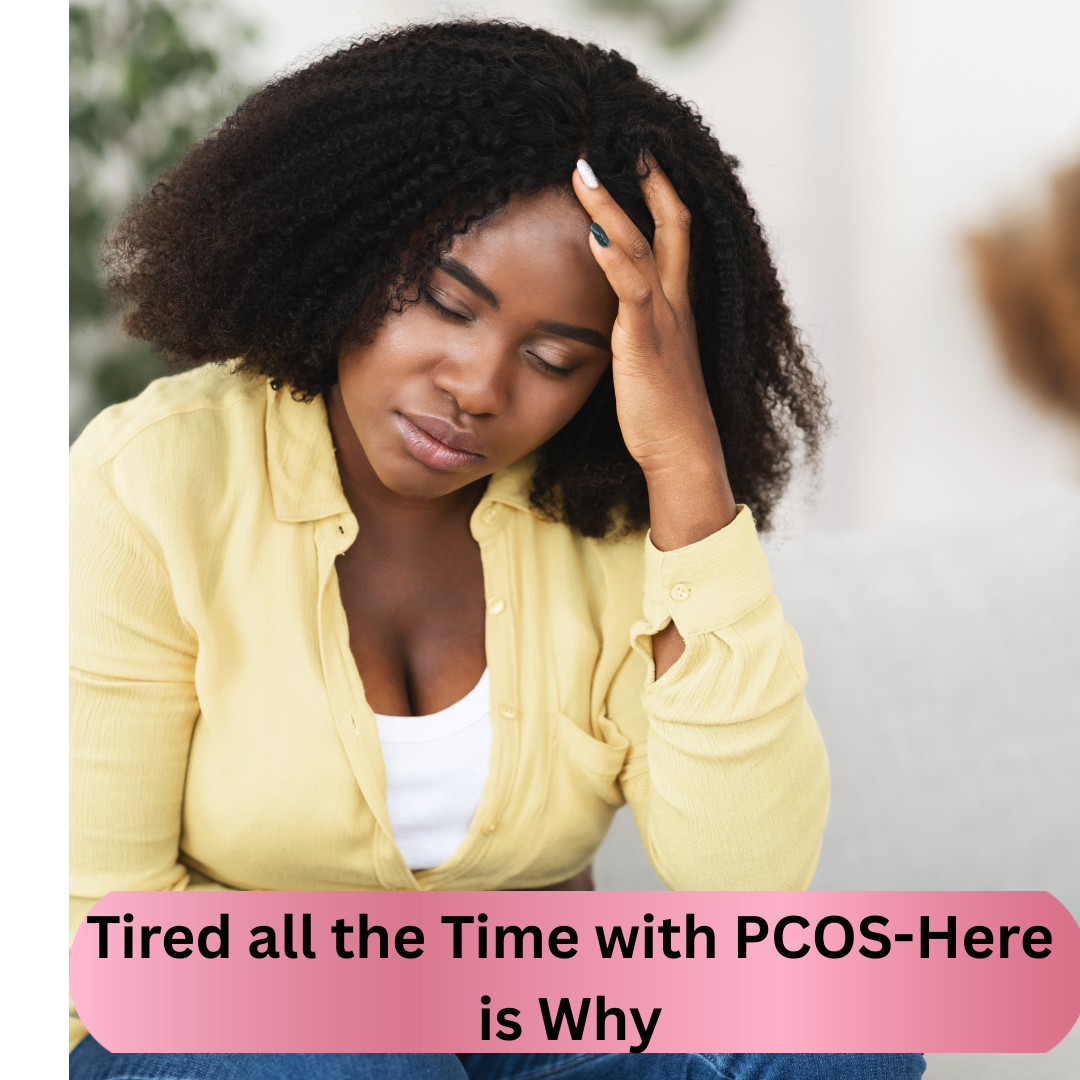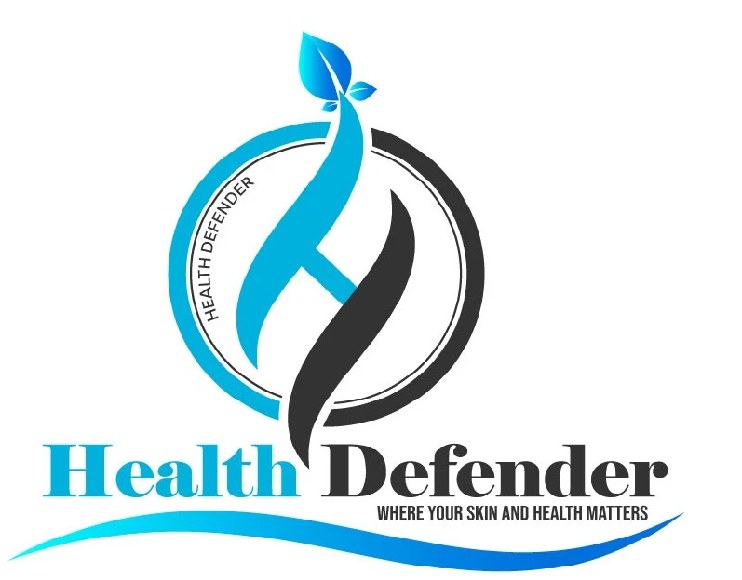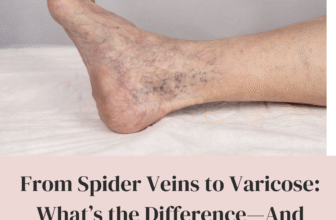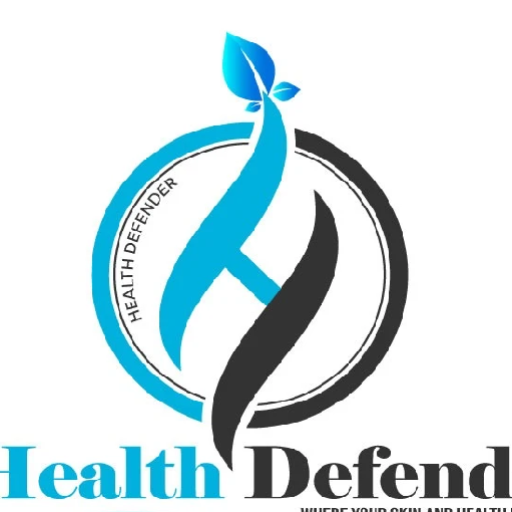
You’re not just tired. You’re exhausted.
The kind of tiredness that sleep doesn’t fix. The kind that follows you like a shadow—into your mornings, through your afternoons, under the covers at night.
You wake up already drained. You sip coffee like it’s survival. You try to push through the brain fog, the fatigue, the never-ending mental weight—but your body won’t cooperate.
It’s not just physical. It’s emotional. It’s existential. It’s like your whole being is on low battery mode, blinking red, and no one around you gets it.
And still… people say things like:
“Try sleeping earlier.”
“Maybe you need more iron.”
“Maybe it’s just stress.”
Maybe. Or it could be something deeper. Something no one’s talking about.
Here’s the real kicker: you’re not lazy. You’re not broken. And you’re not crazy.
You’re tired because your body is sending smoke signals.
And if you’re living with PCOS? That fatigue isn’t random. It’s not just “a bad week” or “your hormones acting up.”
It’s a giant, flashing neon sign—and we need to stop ignoring it.
Let’s be honest. PCOS is already a beast. The bloating, the mood swings, the breakouts, the stubborn weight… it’s enough to make anyone crack.
But no one warns you about the fatigue. Not the regular kind—the bone-deep, soul-sapping, “I can’t get off the couch” type of fatigue.
And what’s worse? You start blaming yourself.
You wonder if you’re just not trying hard enough.
You push harder, hustle more, skip rest, double down.
You tell yourself to suck it up.
But here’s what no one’s saying out loud:
That tiredness? It’s a symptom. It’s not a character flaw.
You might be wondering: Could this be life? Work, stress, adulting?
And sure, those things don’t help. But if you’ve got PCOS, there’s something else going on—beneath the surface, behind the hormones, tangled up in the systems that keep your body running.
This isn’t just a bad month. This is your body waving a red flag.
So what’s draining you?
Here’s where it gets interesting.
Fatigue in PCOS isn’t just about poor sleep or skipping breakfast. It’s often rooted in a sneaky trifecta that no one warns you about:
- Insulin resistance
- Inflammation
- Adrenal dysfunction
Yep. The same stuff that’s messing with your periods and your skin? Also, quietly wrecking your energy.
Let’s start with insulin resistance.
Sounds technical. But it’s not. It just means your body isn’t using sugar properly. Instead of turning food into clean-burning energy, it’s hoarding it.
The result? You feel heavy. Sluggish. It’s like your engine is flooded.
Then there’s inflammation—the silent saboteur.
When your body is inflamed, even basic tasks feel like uphill battles. Your joints ache. Your brain slows down. You feel like you’re wading through molasses, even when you’ve done nothing “wrong.”
And if your adrenals are involved? Game over.
That means your stress hormones are out of whack. Cortisol’s calling the shots. And instead of getting a nice jolt of energy in the morning, you’re stuck in a cycle of burnout and breakdown.
So, what does that look like in real life?
- You wake up feeling like you never went to bed.
- You need caffeine to feel like a human.
- You cancel plans—not because you’re antisocial, but because you’re too tired to shower.
- You start wondering if this is your “new normal.”
Sound familiar?
Yeah. It’s not just you.
Now, here’s where things get even trickier.
The more tired you are, the less you move.
The less you move, the worse your insulin resistance gets.
The worse that gets, the more tired you feel.
And round and round we go.
That’s the PCOS fatigue loop. And it’s vicious.
But let’s be clear: you’re not stuck here.
You don’t have to live in this fog.
You don’t have to fake energy, force a smile, or drink your weight in iced coffee to survive the day.
Because the real fix? It’s not about doing more.
It’s about doing things differently.
That starts with listening to your body, not shaming it.
It starts with regulating blood sugar, calming inflammation, and giving your adrenals a break.
It starts with small shifts—not more hustle.
And that kind of healing? It’s quiet. It’s powerful. It’s slow—but it works.
Let’s pause for a second and call out the emotional weight here.
Because being tired all the time doesn’t just mess with your schedule—it messes with your identity.
You stop trusting your body.
You start comparing.
You feel guilty for not being “productive.”
You resent the people who seem to have endless energy.
You miss who you used to be.
And no one sees it because, from the outside, you look “fine.”
But inside? You’re running on fumes.
That’s why this conversation matters.
Because it’s not about perfection, it’s not about grinding through exhaustion.
It’s about waking up and feeling like yourself again.
It’s about understanding what your body is asking for—and finally giving it the support it has been craving.
No guilt. No shame. No more pretending you’re okay when you’re not.
Because being tired isn’t your personality.
It’s a symptom. And once you understand the root?
You can fix it.
Ready to finally get your energy back? Start now, Not tomorrow, Not next week. And slowly, will start appreciating you.








[…] Tired All the Time with PCOS? The Hidden Connection No One Talks About […]
[…] A Must Read: Tired All the Time with PCOS? The Hidden Connection No One Talks About […]